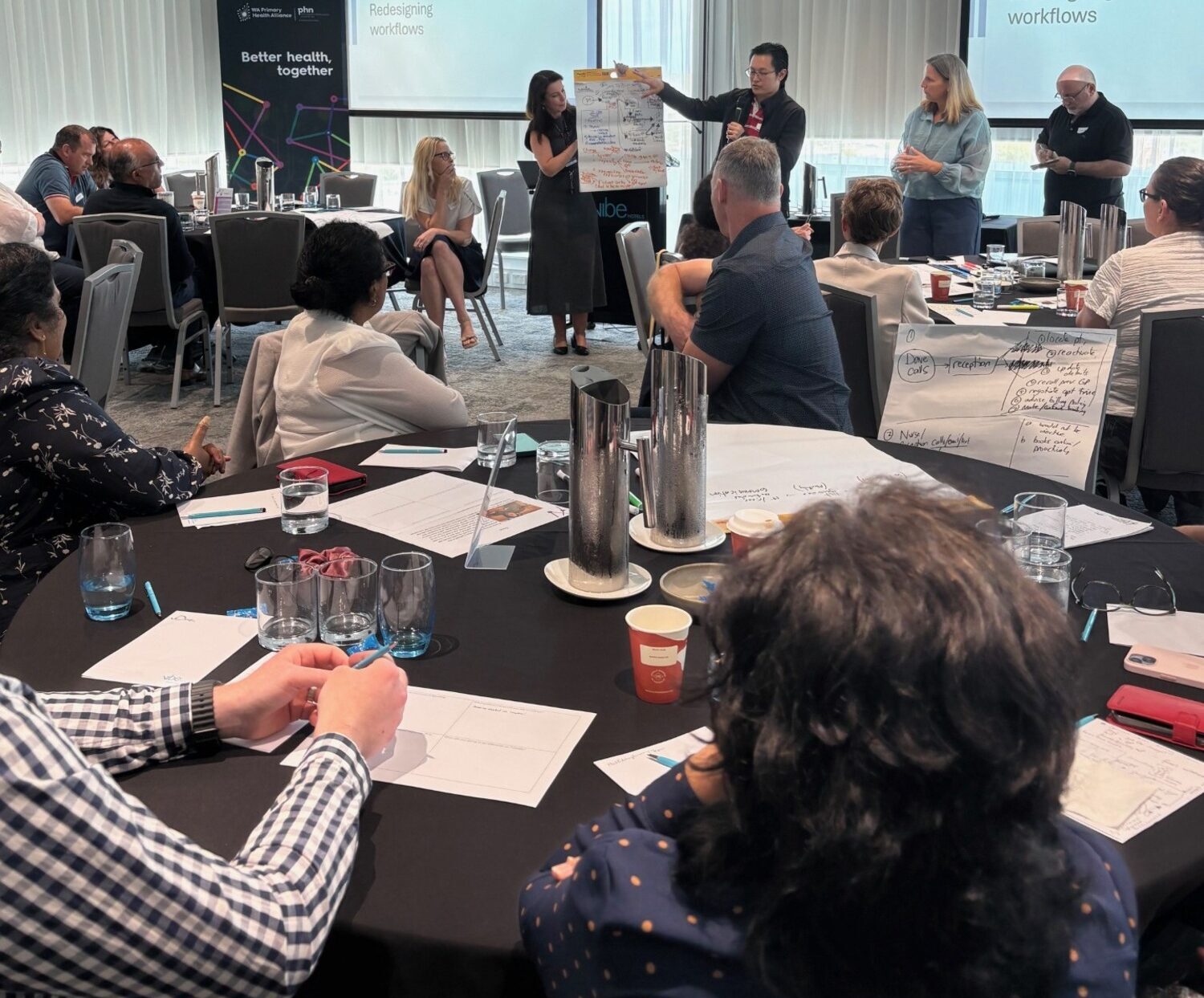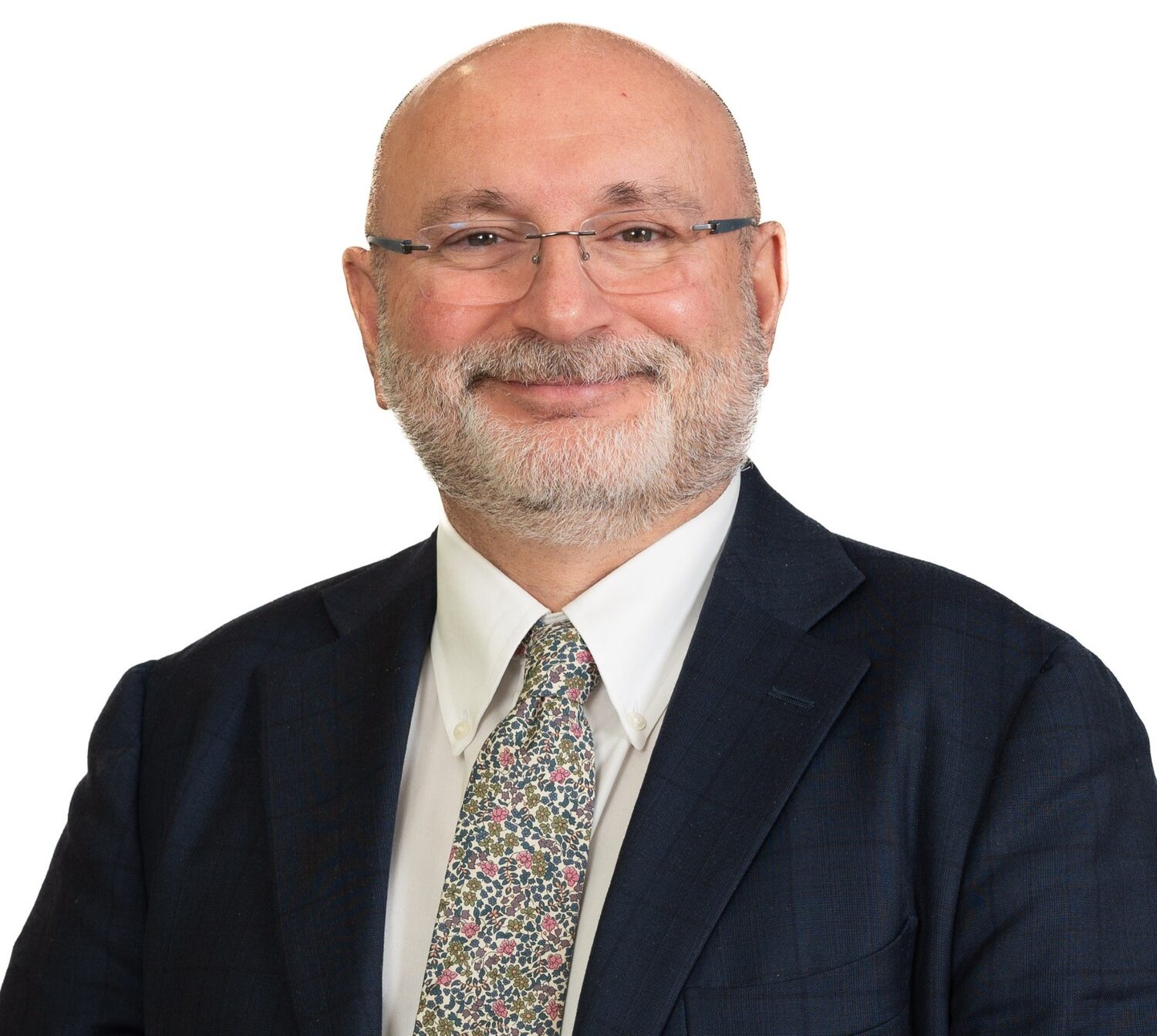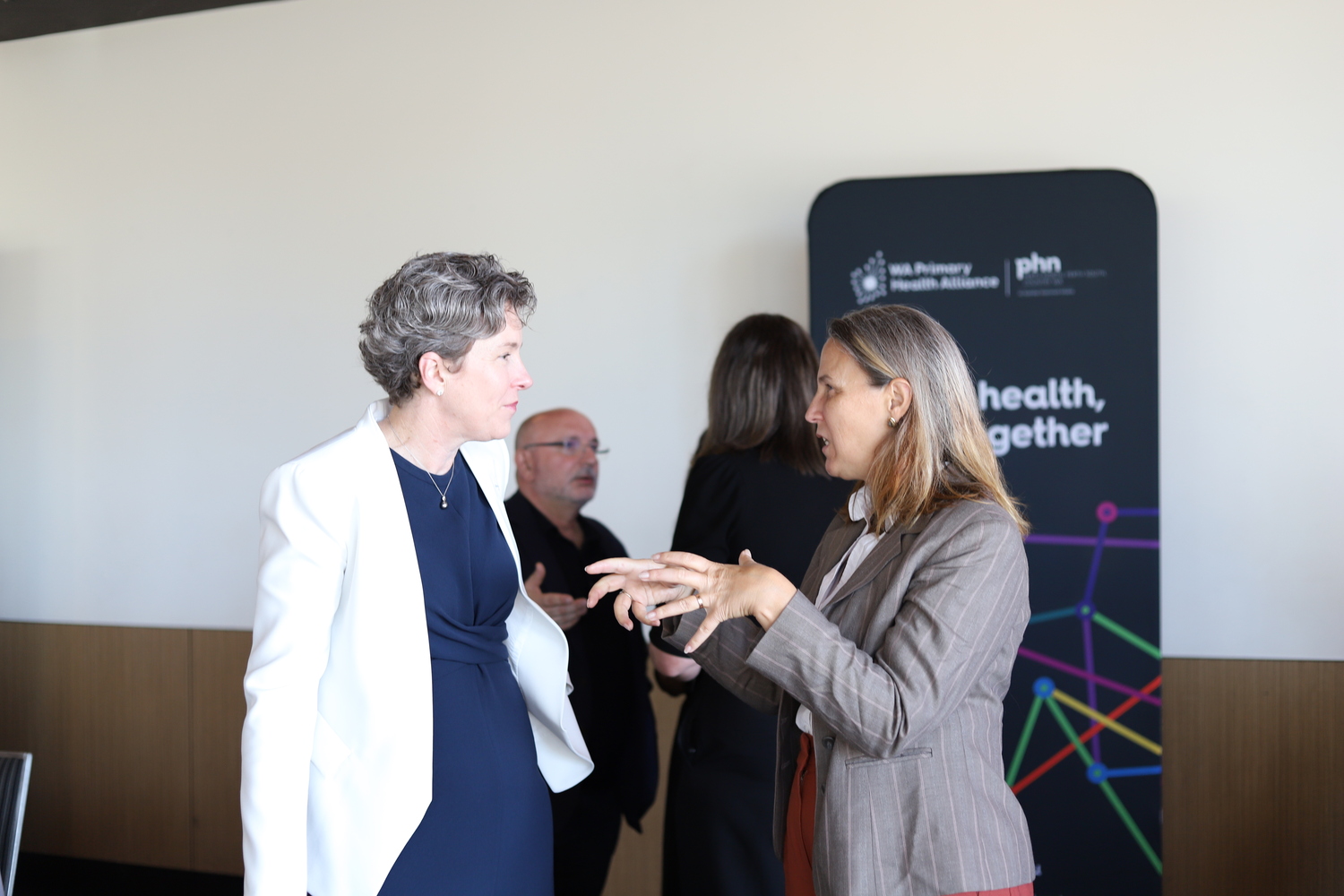 A number of West Australian GPs were given insight into how they might future-proof their practices earlier this month as part of talks with a visiting GP thought leader.
A number of West Australian GPs were given insight into how they might future-proof their practices earlier this month as part of talks with a visiting GP thought leader.
Dr Walid Jammal works as a GP in Western Sydney and is involved in primary care innovation and reform with a variety of positions, including the Medicare Services Advisory Committee, the Strengthening Medicare Taskforce and the University of Sydney and the Western Sydney University.
He visited Perth as part of events put on by the WA Primary Health Alliance (WAPHA) where he spoke about navigating primary health care reforms and meeting the needs of patients through redesigning how practices work.
Dr Jammal told Medical Forum GPs could redesign care in their practices to provide patients with what they need and want.
“Many would say that we’re already doing that, but clearly, with increasing complexity of chronic disease, with workforce shortages, hospitals filling up, we all need to do something a little bit better,” he said.
Dr Jammal said improving the patient’s experience and outcomes could be done alongside improving the provider’s experience.
“This includes making things better for our practices, maintaining financial sustainability, improving cost effectiveness and waste in the system.”

He said while high level structural reform could assist with this, there were ways GPs could begin working smarter, without government intervention.
“Many people say they can’t get into their doctor because their doctor’s too busy, and I say, well, too busy doing what exactly?
“If a practice thinks about their workflow, looks at what patients are coming in with, what they’re not coming in with, what they’re going elsewhere with – you can actually capture a lot of work for individuals and spread it out amongst the team, even under the current system.
“You can replace some visits that might be done by a GP that can be done with the rest of the team, and leave the GP to see other patients.”
He said one example would be a having a nurse monitor blood pressure or diabetes control for a patient.
Dr Jammal highlighted that such arrangements should be put in place with GPs setting the guardrails.
RELATED: How a GP’s data collection project led to improvements at two clinics
While he understands some GPs would have concerns around scope of practice, he said it was not about taking away work from GPs but shifting it into a team-based care environment.
He suggested such a style of work could allow GPs to extend their scope, which would only be possible if they let go of other tasks.
“There’s been a lot of talk about increasing nurses scope, pharmacy scope, allied health scope, removing barriers for scope of practice, but what about GPs?
“Increasing their scope would help to look after the needs and requirements of our population, with increasing aging, increasing complexity, increasing demand and burden, that people expect from our healthcare and primary care system.”
RELATED: Is it time for a scope of practice revamp?
Dr Jammal acknowledged talking about team-based care sometimes raised concerns that work would be taken away from GPs and caused worry that it could also mean less income for GPs.
“Overall revenue to a practice and GPs needs to, at the very least, remain the same in any change in funding. In fact, I would call for it to be increased,” he said.
“The government needs to decide on how it does this in a way that protects people’s revenue.”

He said the current system relied on MBS items which required seeing a GP face-to-face, and that was where higher-level structural reform should focus.
“Right now, the only way that a practice generates revenue is if a patient needs to make an appointment to see a doctor. There is an MBS item plus or minus an out-of-pocket costs, and nobody else in the practice gets paid unless the doctor sees the patient first, or at least sees the patient,” Dr Jammal said.
“So essentially, the GP needs to be in every consultation, otherwise there is no revenue. We need to be able to redesign systems that change that flow of funds.”
He said MBS funding and non-MBS funding could exist together in practices to enable teamwork in an improved manner.
“We need non-MBS funding, and that’s basically the blended funding narrative that’s been gaining momentum for many years, including the primary care 10-year plan and the Strengthening Medicare Taskforce.”
Want more news, clinicals, features and guest columns delivered straight to you? Subscribe for free to WA’s only independent magazine for medical practitioners.
Want to submit an article? Email editor@mforum.com.au

